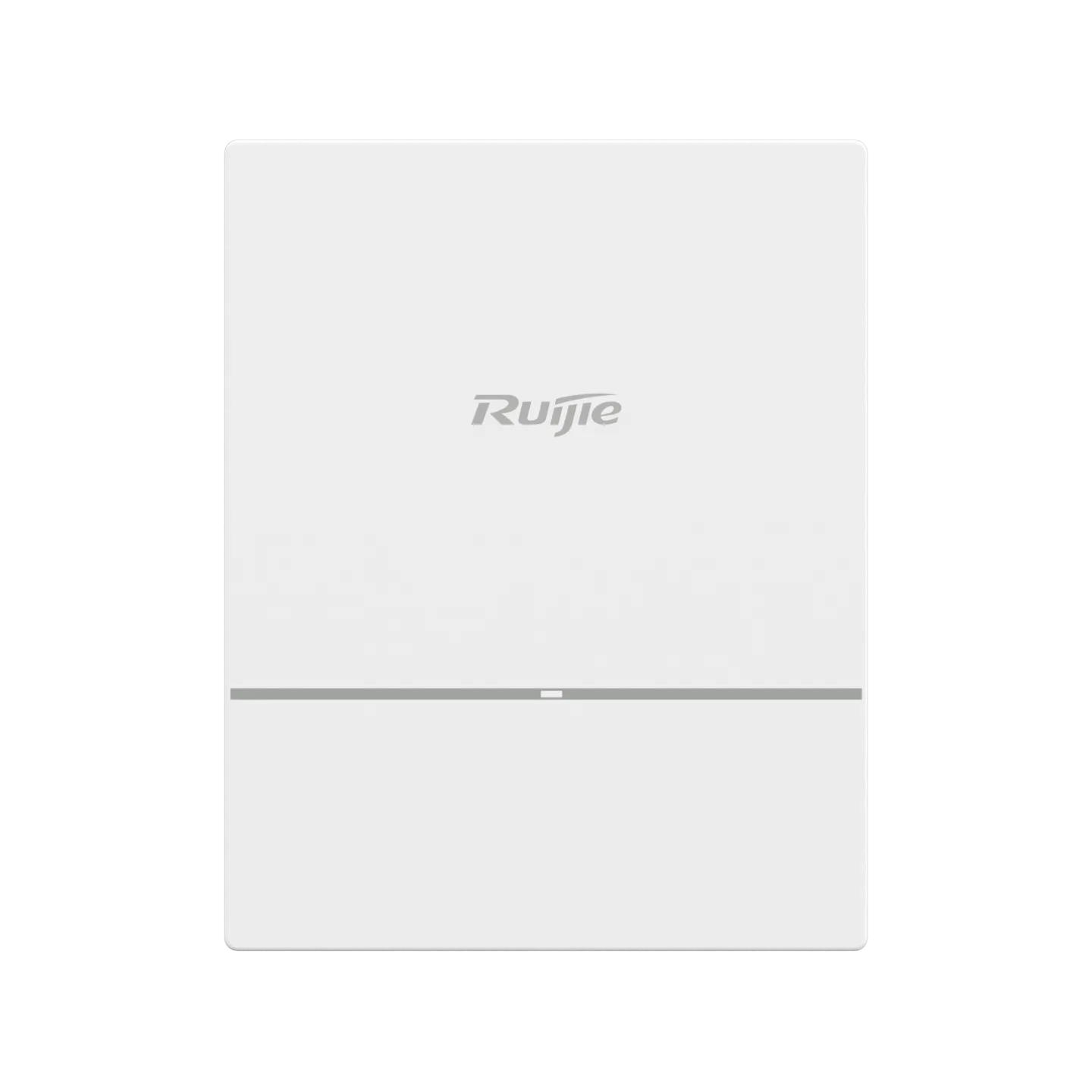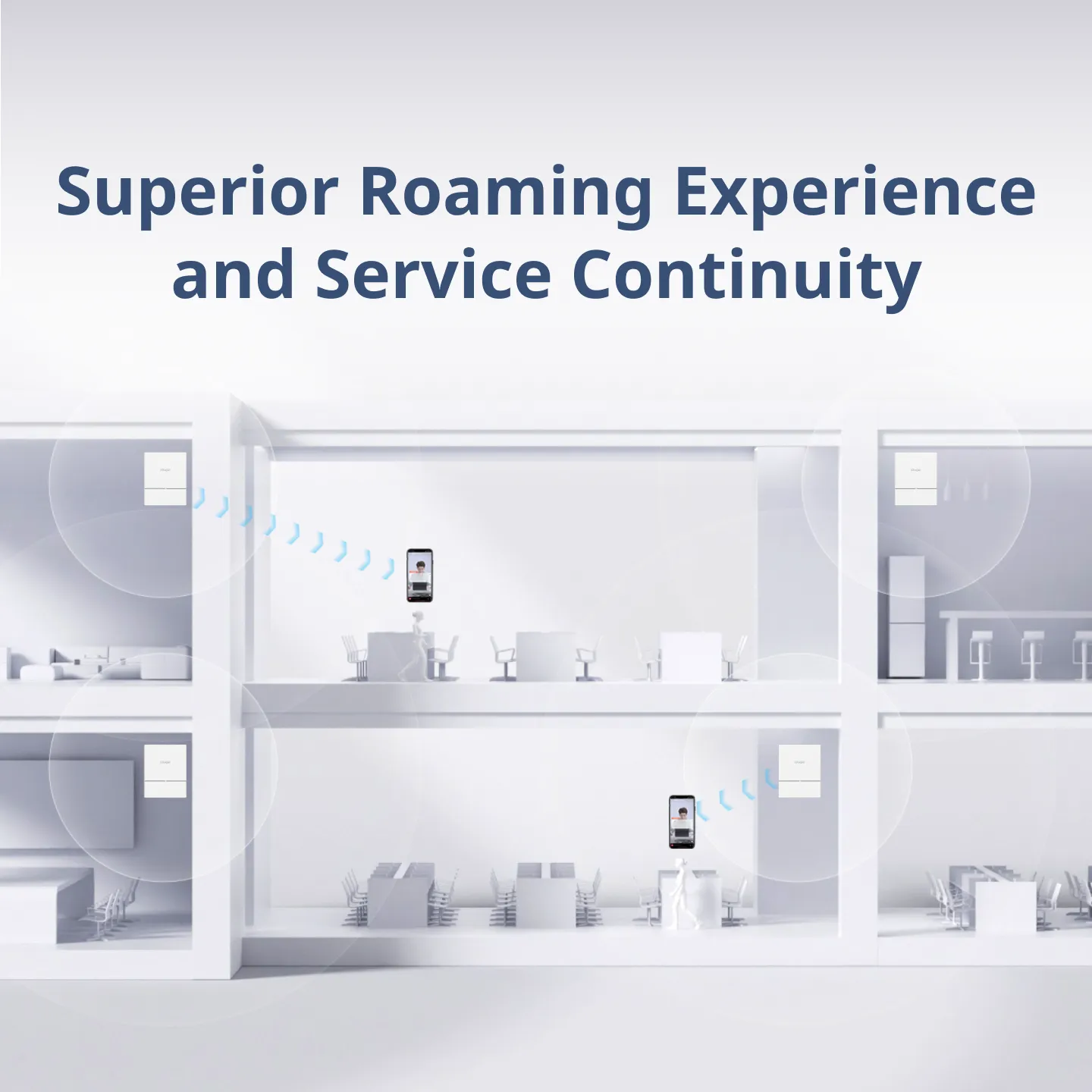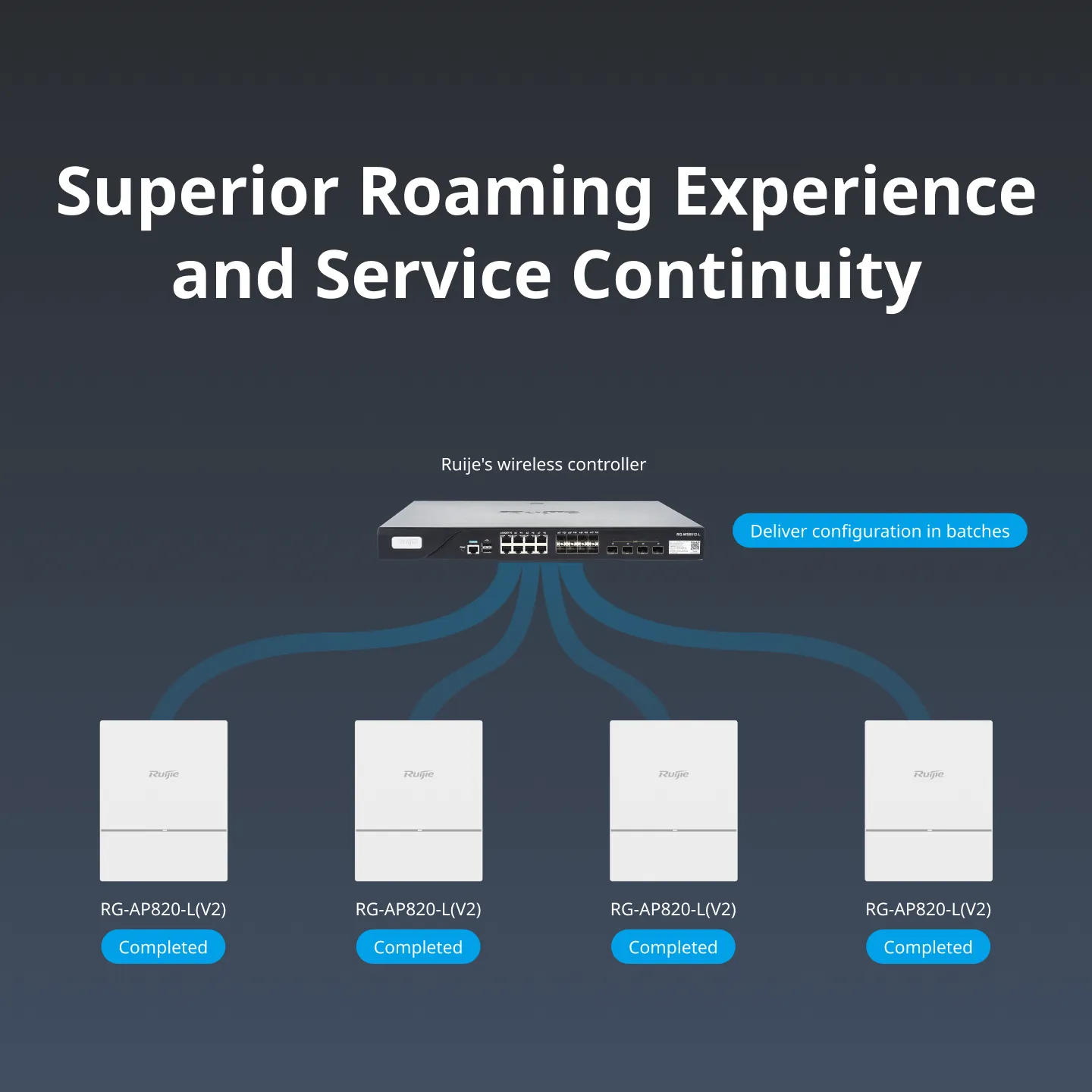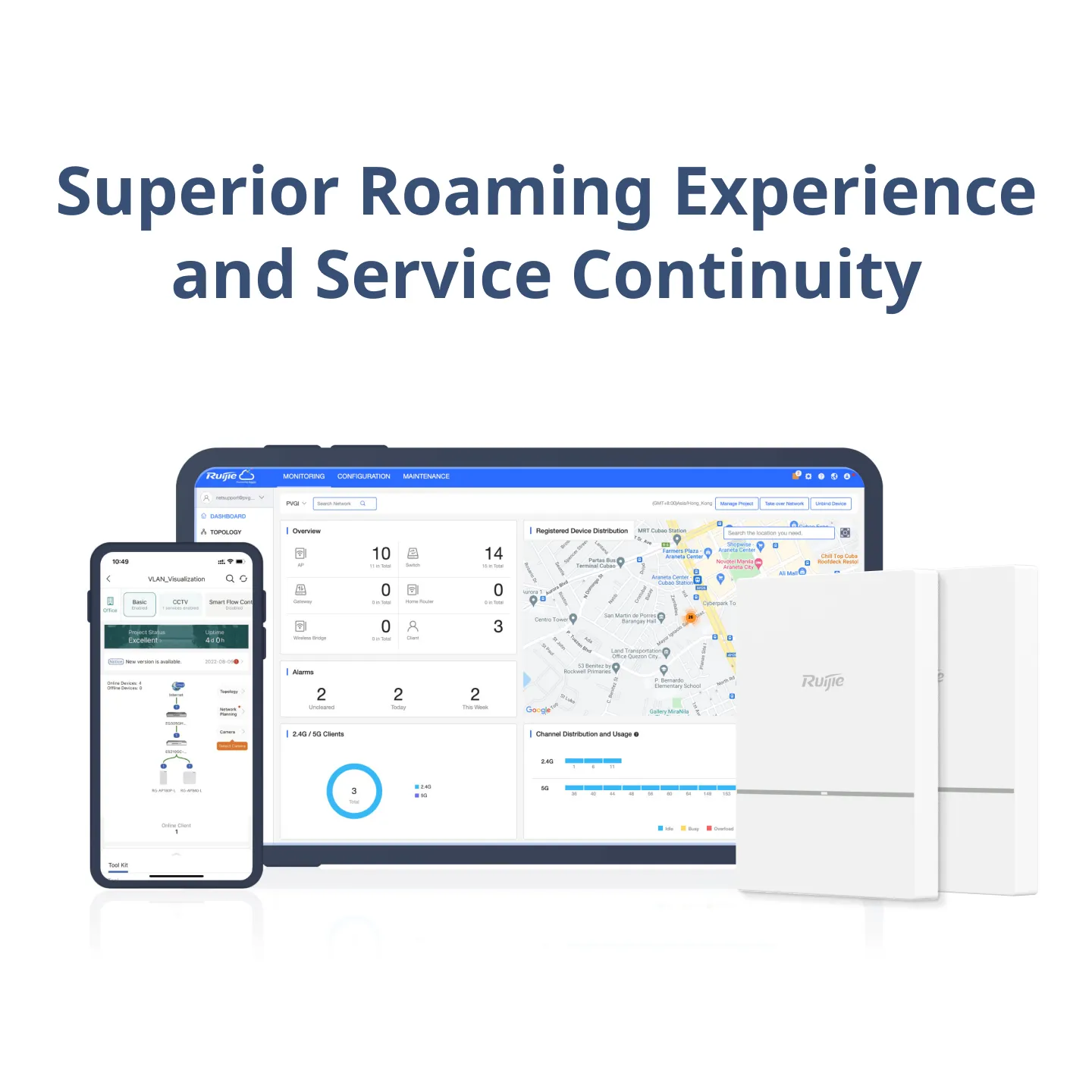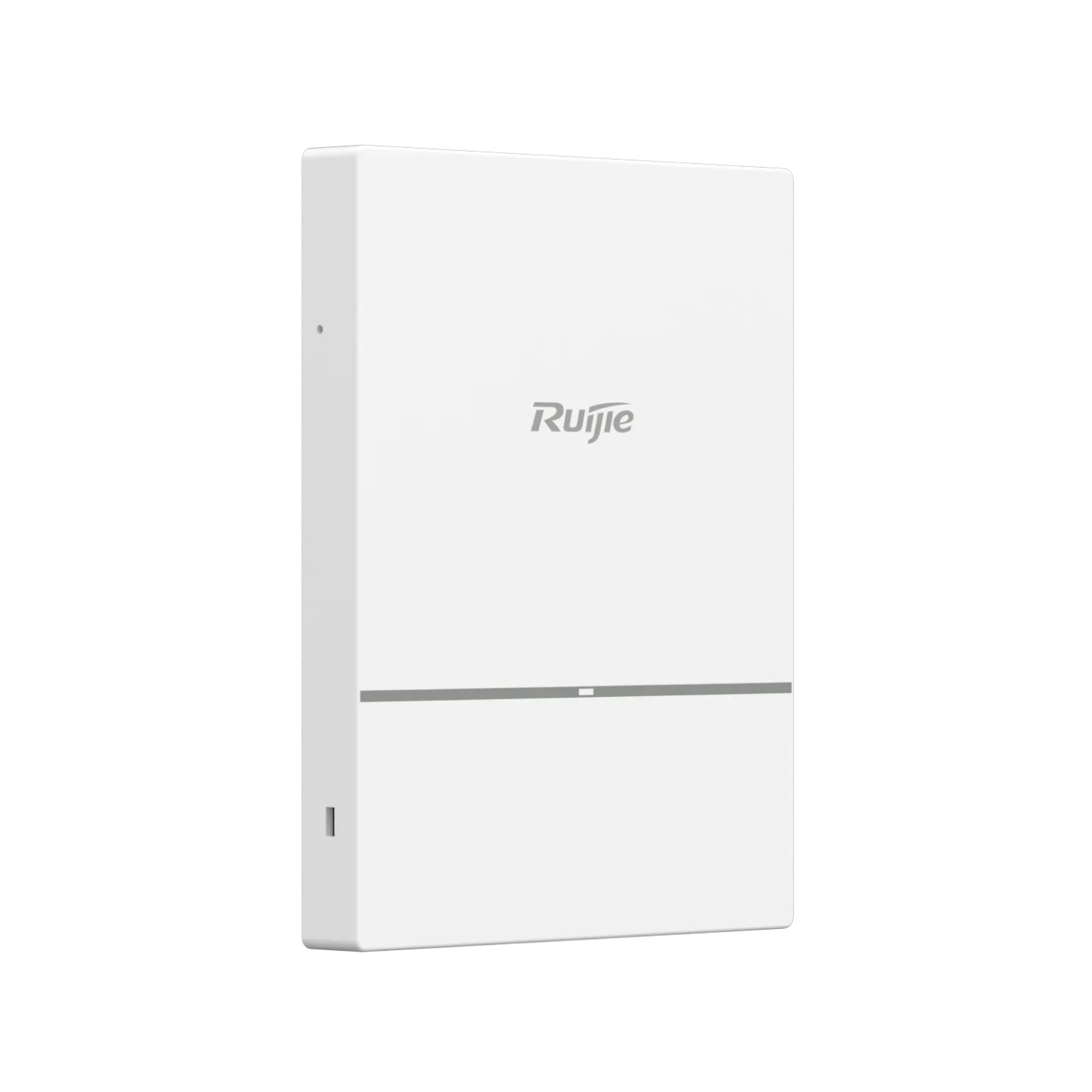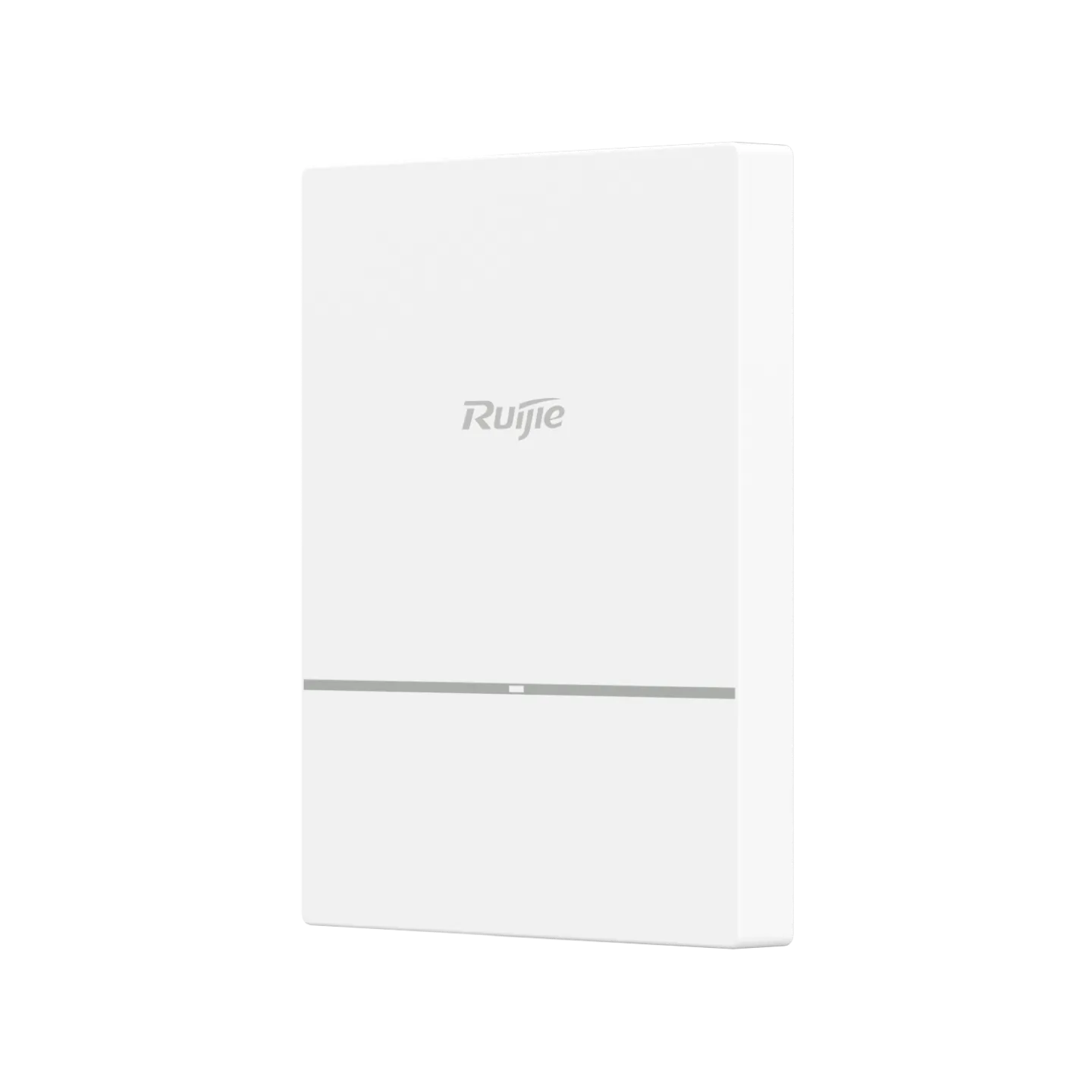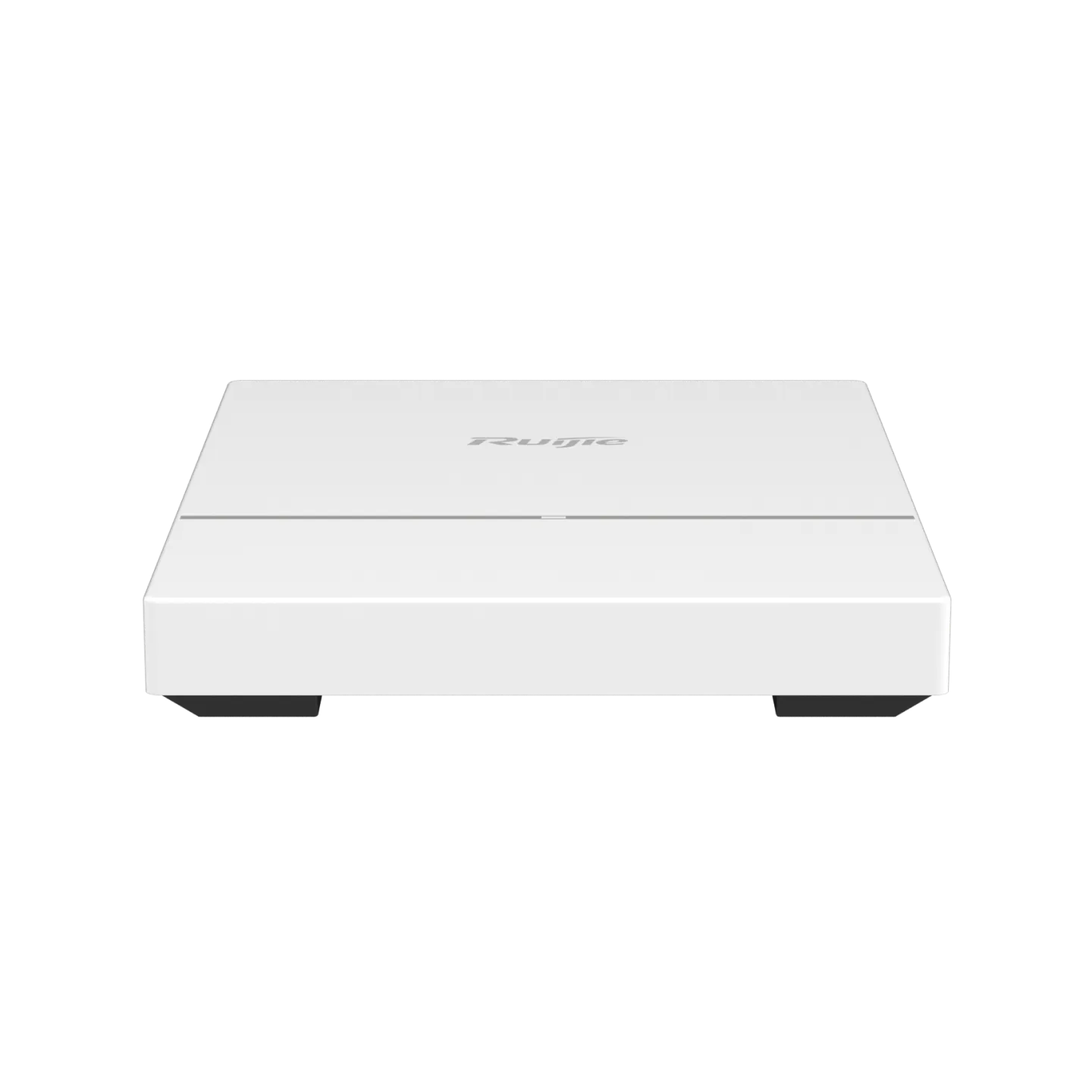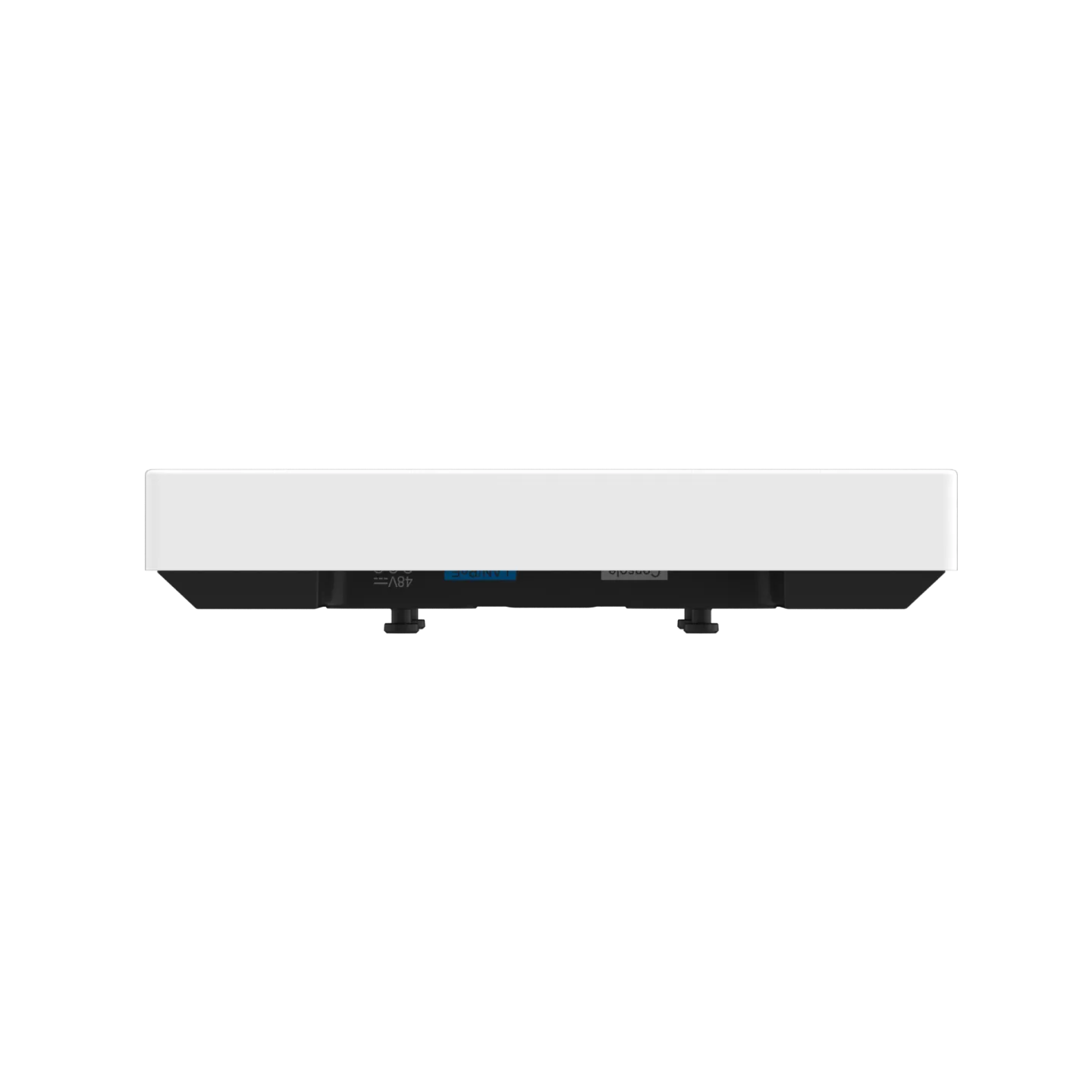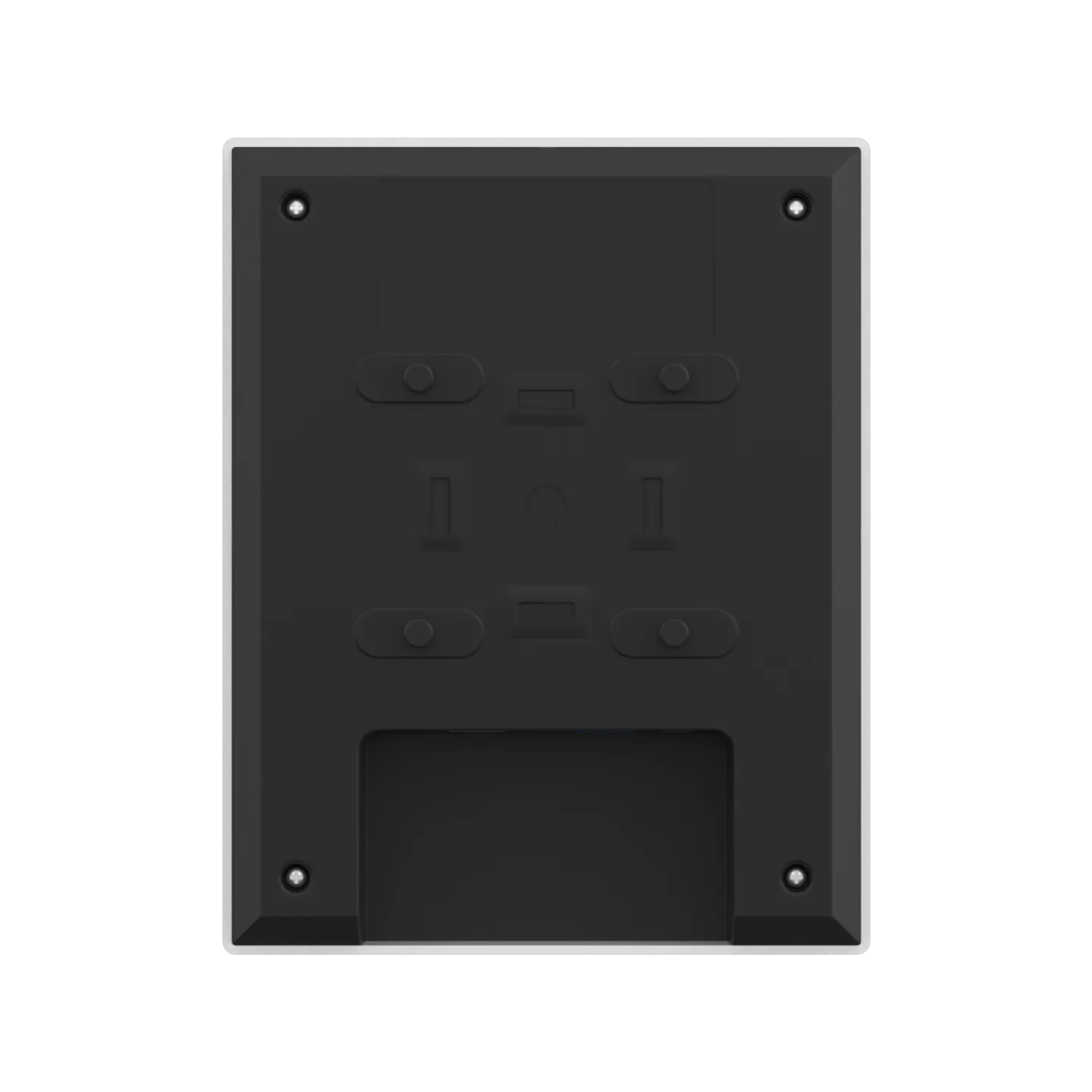| Operating frequency bands |
Radio 1: 802.11b/g/n/ax: ● 2.400 GHz to 2.4835 GHz ISM, channels 1 to 13 802.11a/n/ac/ax: ● 5.150 GHz to 5.250 GHz, U-NII-1, channels 36, 40, 44, and 48 ● 5.250 GHz to 5.350 GHz, U-NII-2A, channels 52, 56, 60, and 64 ● 5.470 GHz to 5.725 GHz, U-NII-2C, channels 100, 104, 108, 112, 116, 120, 124, 128, 132, 136, and 140 ● 5.725 GHz to 5.850 GHz, U-NII-3/ISM, channels 149, 153, 157, 161, and 165 Radio 2, 802.11a/n/ac/ax: ● 5.150 GHz to 5.250 GHz, U-NII-1, channels 36, 40, 44, and 48 ● 5.250 GHz to 5.350 GHz, U-NII-2A, channels 52, 56, 60, and 64 ● 5.470 GHz to 5.725 GHz, U-NII-2C, channels 100, 104, 108, 112, 116, 120, 124, 128, 132, 136, and 140 ● 5.725 GHz to 5.850 GHz, U-NII-3/ISM, channels 149, 153, 157, 161, and 165 Note: Available frequency bands may vary with countries or regions. To use the above-mentioned frequency bands, ensure that they are supported in your country or region. For details, see For details, see WLAN Country or Region Codes and Channel Compliance. |
| Data rates |
Combined peak data rate: 2.4 GHz + 5 GHz, 1.775 Gbps 5 GHz + 5 GHz, 2.402 Gbps Radio 1: 2.4 GHz, 574 Mbps ● Two spatial stream Single User (SU) MIMO for up to 574 Mbps wireless data rate to individual 2SS HE40 802.11ax client devices (maximum) ● Two spatial stream Single User (SU) MIMO for up to 287 Mbps wireless data rate to individual 2SS HE20 802.11ax client devices (typical) 5 GHz, 1.201 Gbps ● Two spatial stream Single User (SU) MIMO for up to 1.201 Gbps wireless data rate to individual 2SS HE80 802.11ax client device (maximum) ● Two spatial stream Single User (SU) MIMO for up to 574 Mbps wireless data rate to individual 2SS HE40 802.11ax client device (typical) ● Two spatial stream Multi-User (MU) MIMO for up to 1.201 Gbps wireless data rate to up to two 1SS HE80 802.11ax DL-MU-MIMO capable client devices simultaneously (maximum) ● Two spatial stream Multi-User (MU) MIMO for up to 574 Mbps wireless data rate to up to two 1SS HE40 802.11ax DL-MU-MIMO capable client devices simultaneously (typical) Radio 2: 5 GHz, 1.201 Gbps ● Two spatial stream Single User (SU) MIMO for up to 1.201 Gbps wireless data rate to individual 2SS HE80 802.11ax client device (maximum) ● Two spatial stream Single User (SU) MIMO for up to 574 Mbps wireless data rate to individual 2SS HE40 802.11ax client device (typical) ● Two spatial stream Multi-User (MU) MIMO for up to 1.201 Gbps wireless data rate to up to two 1SS HE80 802.11ax DL-MU-MIMO capable client devices simultaneously (maximum) ● Two spatial stream Multi-User (MU) MIMO for up to 574 Mbps wireless data rate to up to two 1SS HE40 802.11ax DL-MU-MIMO capable client devices simultaneously (typical) |
| Data rate set |
The following 802.11-compliant data rates in Mbps are supported: 2.4 GHz radio ● 802.11b: 1, 2, 5.5, 11 ● 802.11g: 1, 2, 5.5, 6, 9, 11, 12, 18, 24, 36, 48, 54 ● 802.11n: 6.5 to 300 (MCS0 to MCS15, HT20 to HT40) ● 802.11ac: 6.5 to 400 (MCS0 to MCS9, NSS = 1 to 2, VHT20 to VHT40) ● 802.11ax: 8.6 to 574 (MCS0 to MCS11, NSS = 1 to 2, HE20 to HE40) 5 GHz radio ● 802.11a: 6, 9, 12, 18, 24, 36, 48, 54 ● 802.11n: 6.5 to 300 (MCS0 to MCS15, HT20 to HT40) ● 802.11ac: 6.5 to 867 (MCS0 to MCS9, NSS = 1 to 2, VHT20 to VHT80) ● 802.11ax: 8.6 to 1,201 (MCS0 to MCS11, NSS = 1 to 2, HE20 to HE80) |
| Modulation types |
802.11b: BPSK, QPSK, and CCK 802.11a/g/n: BPSK, QPSK, 16-QAM, and 64-QAM 802.11ac: BPSK, QPSK, 16-QAM, 64-QAM, and 256-QAM 802.11ax: BPSK, QPSK, 16-QAM, 64-QAM, 256-QAM, and 1024-QAM |
